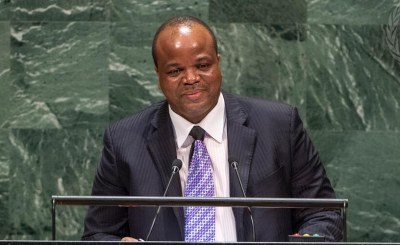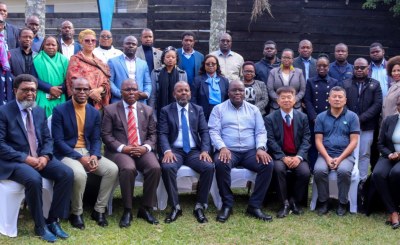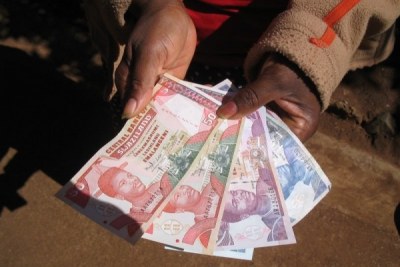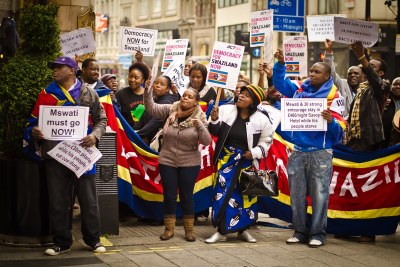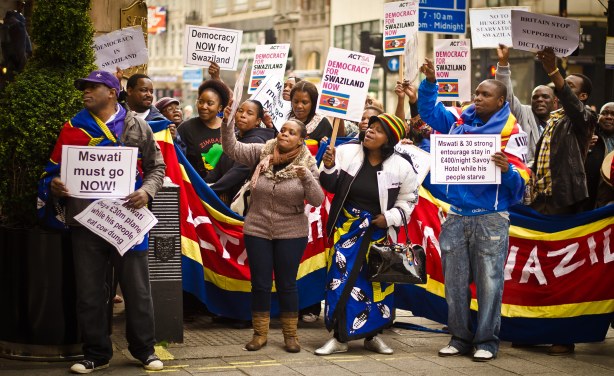-
Eswatini: Economic Conditions Worsen in Eswatini - Citizens Cite Poor Government Performance
Afrobarometer, 14 July 2023
More than eight in 10 say the country is going in "the wrong direction." Read more »
-
Africa: Setting the Stage for Implementation of the Financing Model for MSMEs for the Kingdom of Eswatini
UNECA, 7 July 2023
Mbabane, Eswatini, July 5, 2023 - An inclusive financing model for MSMEs was developed with technical assistance from the Economic Commission for Africa to alleviate a key… Read more »
-
UNECA, 8 May 2023
Ezulwini, Eswatini, May 05, 2023 (MCIT/ ECA SRO SA) – The Ministry of Commerce, Industry and Trade of the Kingdom of Eswatini, in collaboration with the United Nations… Read more »
Eswatini's Economic Conditions Worsen
As the government concludes a five-year term marked by the Covid-19 pandemic and civil unrest in June 2021 (Amnesty international, 2023), economic warning signs are flashing red, reports Sipho Kunene for Afrobarometer.
With national parliamentary elections (which will usher in the next government) set for 29 September, the latest Afrobarometer survey in Eswatini suggests that the new government will need to act urgently to improve the quality of life of Emaswati.
Most economic indicators have taken a nosedive since 2018. Large majorities of citizens say the country is headed in the wrong direction and describe both the national economy and their personal living conditions as bad. Increasing numbers went without basic life necessities during the previous year, and few citizens are optimistic that things will get better anytime soon.
Overwhelming majorities give the government poor marks for its performance on economic issues. On the bright side, a majority of citizens who accessed key public services last year say they encountered few difficulties, although a substantial number say they had to pay bribes.
InFocus
-
South African-based Vuma Reputation Management has been recruited by the eSwatini government to help improve the country's image as a state which stifles political dissent and ... Read more »
-
eSwatini authorities have failed to ensure accountability for the crackdown on pro-democracy protesters by security forces that began two years ago, Human Rights Watch ( Read more »
